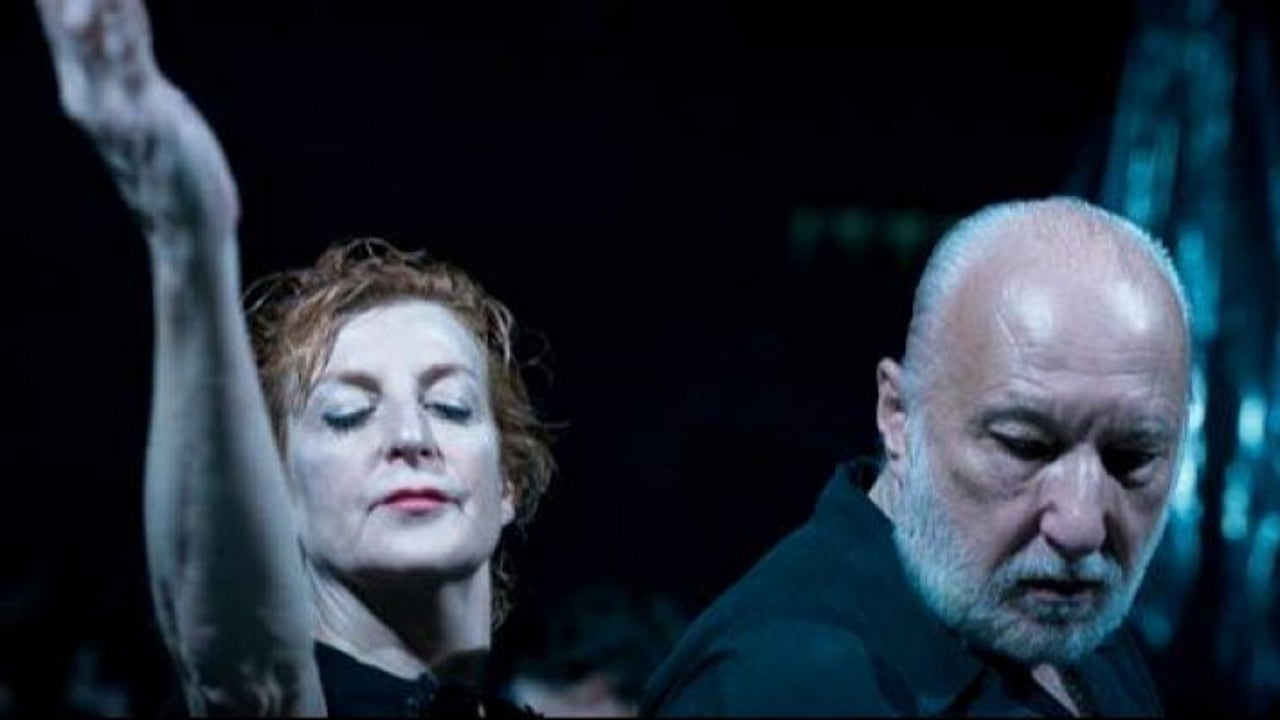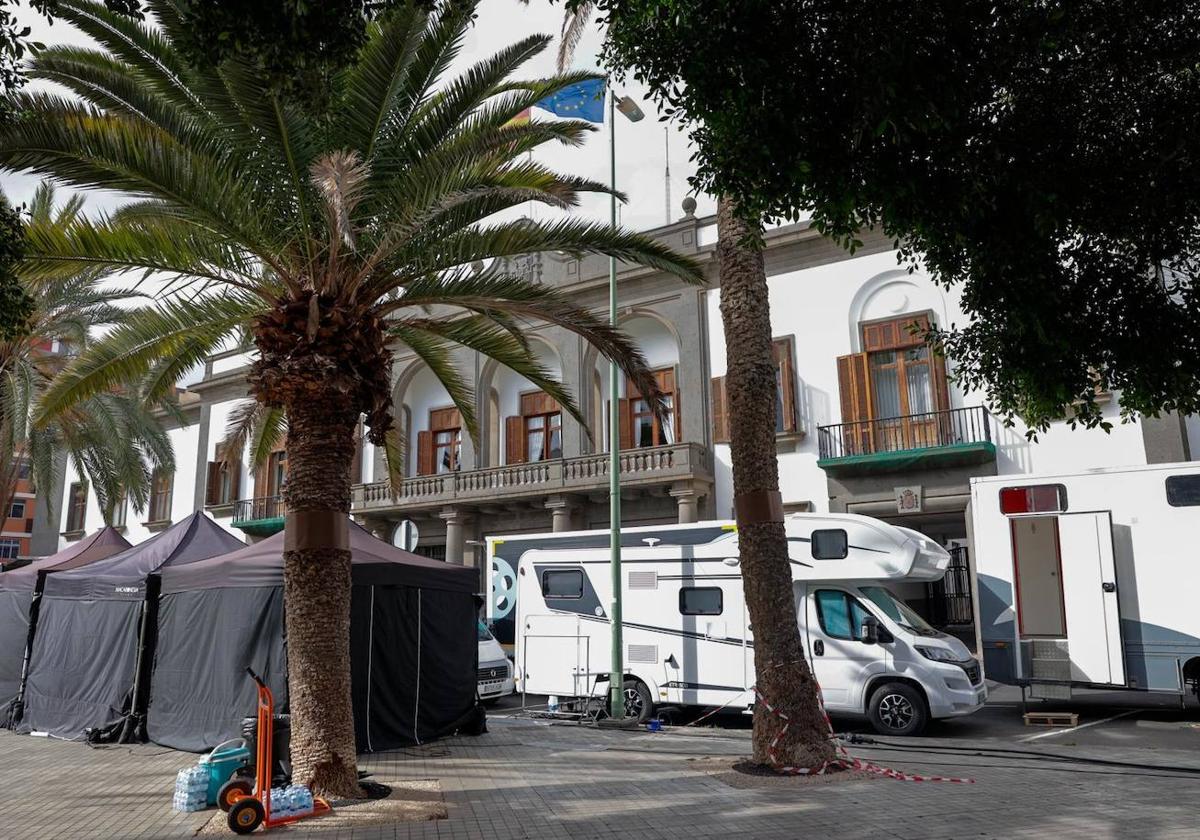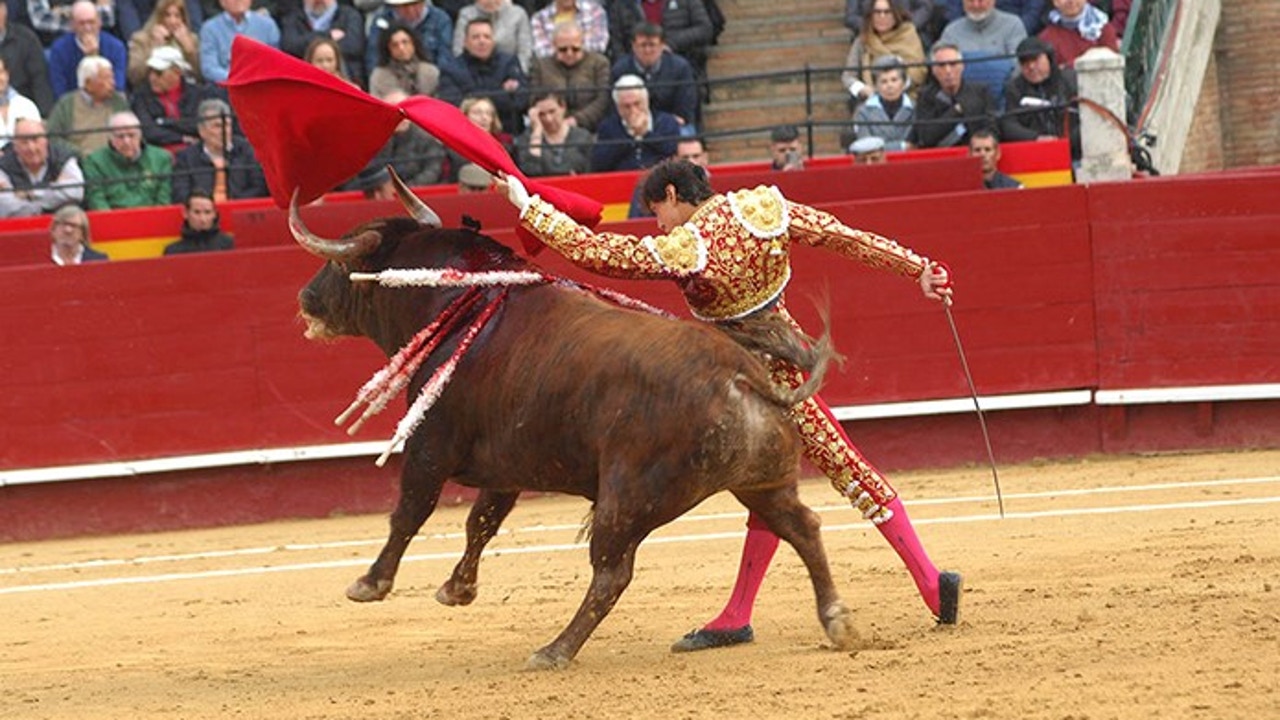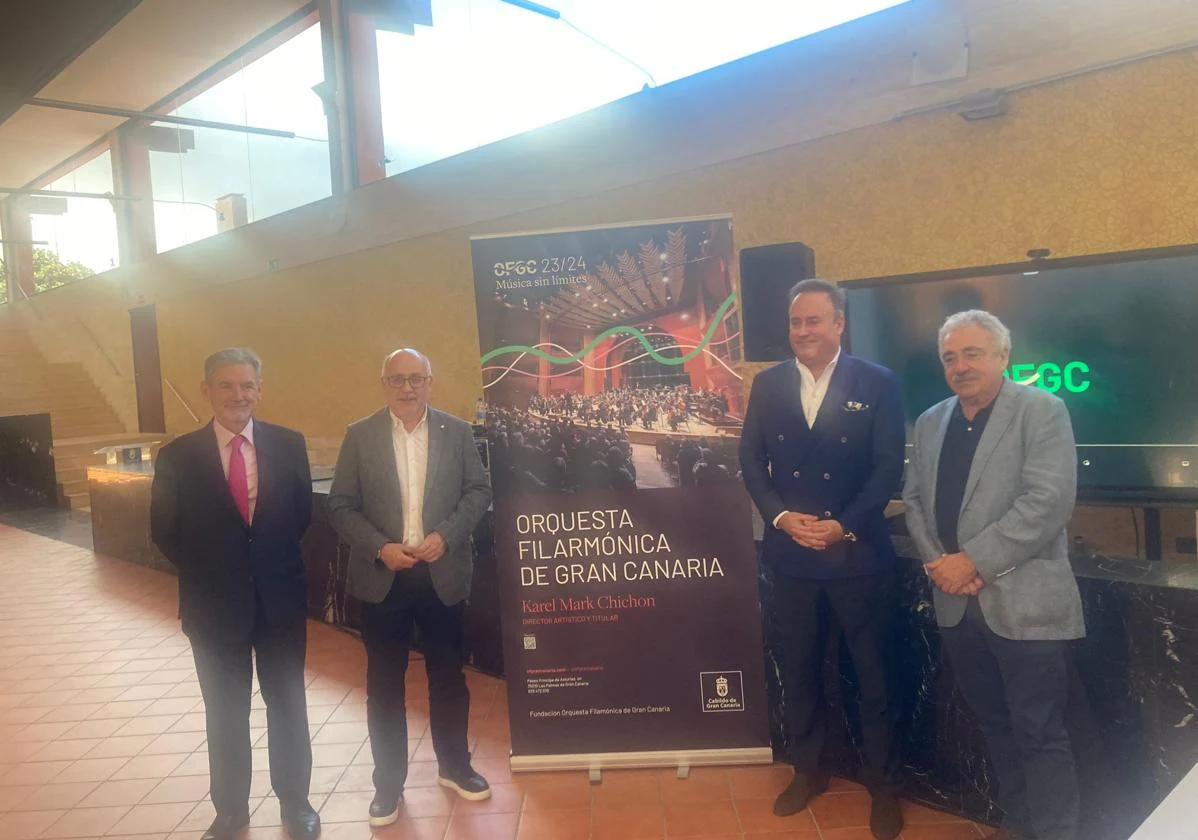Pilar del Río: «Lanzarote was the place that Saramago needed»
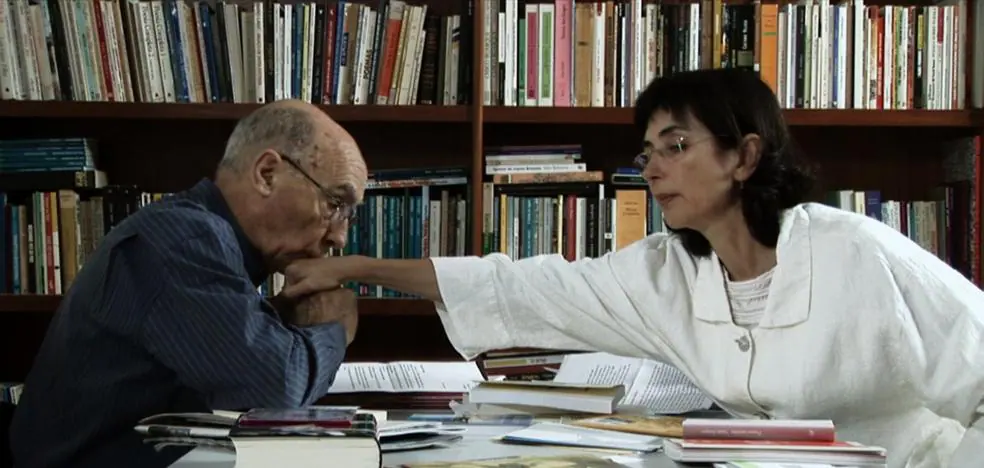
Archive image of José Saramago and Pilar del Río, at their home in Tías, Lanzarote. /
The journalist and widow of the Portuguese Nobel Prize winner presents this Friday the book 'The island's intuition, the days of José Saramago in Lanzarote'
From the reading of his books the conclusion is drawn that
Joseph Saramago (Azinhaga, November 16, 1922-Tías, June 18, 2010) was a rational and thoughtful man. What
does not imply that intuition was alien to himas evidenced by his landing on the island of Lanzarote, which not only ended up becoming his home until the end of his days, but also a determining element in his life and literary work.
In the volumes titled 'Cuadernos de Lanzarote', the Portuguese Nobel Prize for Literature himself revealed what his stay on the island of volcanoes consisted of. Now, his widow, the journalist Pilar del Río, reviews decisive moments in the relationship between the author of 'Essay on Blindness' and this Canary Island in the book
'The intuition of the island, the days of José Saramago in Lanzarote' (Editorial Itinerary), that this Friday, starting at 6:00 p.m., presents at the
34th edition of the book fair of the capital of Gran Canariawhich takes place until May 30 in the San Telmo park.
«Lanzarote was the place I was needing. He didn't know, but he needed it. Lanzarote's own characteristics, such as the land, the volcanoes, the blackness and even the solitude... were the landscape that José needed, although he did not know it.
When he arrived in Lanzarote and we settled in, he discovered that it was what he was looking for», explains Pilar del Río by phone from Seville, where a few days are taking place as part of the celebration of the centenary of the birth of the author of 'Memorial del Convento'.
No noise but with voices and visitors
«We always commented at home that the noise did not reach the island, but the voices did. The social life that causes so much hustle and bustle was not present in our life in Lanzarote, but the voices, the people, the causes and life did reach us....
The noise and hubbub of society, as well as the frivolities and slanders, did not reach us», recalls the Andalusian journalist.
That profession is very present in this book, which clarifies that it should not be linked to the 'Notebooks' of Saramago rabbits. «
It is not an extension of Joseph's work. The work of Joseph is the work of Joseph. This is simply a series of chronicles seen by the journalist who was there, which in this case was me. It is not an extension. This is not an author who counts.
José counted himself. I simply tell what happened from the vision of a journalist, "he clarifies unequivocally.
'The intuition of the island, the days of José Saramago in Lanzarote' was born from a proposal by
Alba Cantón, head of the editorial. «Alba asked me. She insisted on me and I recognize that she would not have done it if it wasn't for the fact that she is a young, enterprising and dynamic person who asked me to do it”, Pilar del Río emphasizes.
indelible memories
The book is neither a diary of those years of life in Tías nor part of the author's annotations. "I don't have a diary, but I do have a lot of fresh images, like the ones that appear in the book and
millions more than I lived and I assure you that they are indelible. I have not been able to tell everything and I have everything present and very active, because it was an exceptional time », he confesses.
Looking at that past in which he was an active part when his protagonist is no longer alive and was so close was not a "hard" exercise, says the translator journalist. «
It was to continue living. We were a team and I have had to continue it. We were a team with common approaches », he points out.
That the word intuition appears in the title is not trivial. «I called it intuition because he had already written
'The Stone Raft' when we arrived in Lanzarote. In that book he put the entire Iberian Peninsula to sail. It was logical that, after turning it into a bridge island between three continents, that person who wrote it would end up living on an island. It's something that
we didn't know before, but we do know now».
Pilar del Río, in Lanzarote, in a file image. /
The intuition
That intuition was also present when José Saramago decided to settle in Lanzarote, recalls Pilar del Río. “There was that intuition. He not only came to Lanzarote because of the censorship and because he did not want to share space with a censorious government.
It was clear to him that as long as that government was in Portugal, it would leave. With his presence, he understood that he considered something good that was not good in a democratic country, ”he recalls about the decision made when he saw the campaign of harassment and demolition of the Portuguese Executive against his book
'The Gospel According to Jesus Christ'. «What happens is that when he arrived in Lanzarote, he stayed. The first who came to visit him was the President of the Republic. This presidency must be distinguished from that of the Government. José had no problems with the parties or with his country, but with a government that had allowed itself the luxury of committing an act of censorship against him or against anyone.
The government is never there to censor», defends bluntly.
These vital, political and social principles are essential to understand the validity and significance of the literary universe of the author of 'Essay on Lucidity'. «
His work is literary. The great critics catalog him as one of the fundamental authors of the 20th century.. Until then, all good. But the fact that she died reflecting on the arms industry and the need for a war industry, there it is. That he wrote 'Essay on blindness' and that we have had a pandemic..., that's it too. Saramago was a thinker, a humanist who looked at the world, who wrote literature looking at the world. That's why he was able
as a good observer, to tell us that we are blind because seeing, we do not see. That is the validity of his thought », he defends.
Humanistic themes
Those "humanistic" issues that he addressed in his books are the ones that, says Pilar del Río, "now are leading us to the precipice." "If we don't make decisions soon, the precipice is getting closer." And she encourages the new generations, as Saramago did in 'Essay on Lucidity':
“They have a life ahead of them and they are in charge of organizing a better world. They cannot always be victims, because the life we have prepared for them is for them to be victims. If they don't want to be, they will have to be very lucid and make wise decisions."
From the place where you go to the doctor
When Pilar del Río is questioned about her relationship with Lanzarote, she gives a recent vital example. «The other day I discovered it with emotion. He came with two small health problems that bothered me. I was leaving it so that they could see it in Lanzarote. When I was in the doctor's office, two tears fell.
One is from the place where you go to the doctor. I came from places where the best doctors in the world could have seen me, but I wanted them to see me in Lanzarote, because I feel protected there».
The multiple activities planned this year to celebrate Saramago's centenary have her traveling the world, but once all this is over, she will return regularly to the rabbit island. In the meantime,
his house ('A Casa') is opened to the public. «We give readers the possibility that, for four hours a day, they can go and enter the library and feel where 'Essay on blindness' or 'Elephant's journey' was written.
It is not a tourist attraction. Only readers understand.



